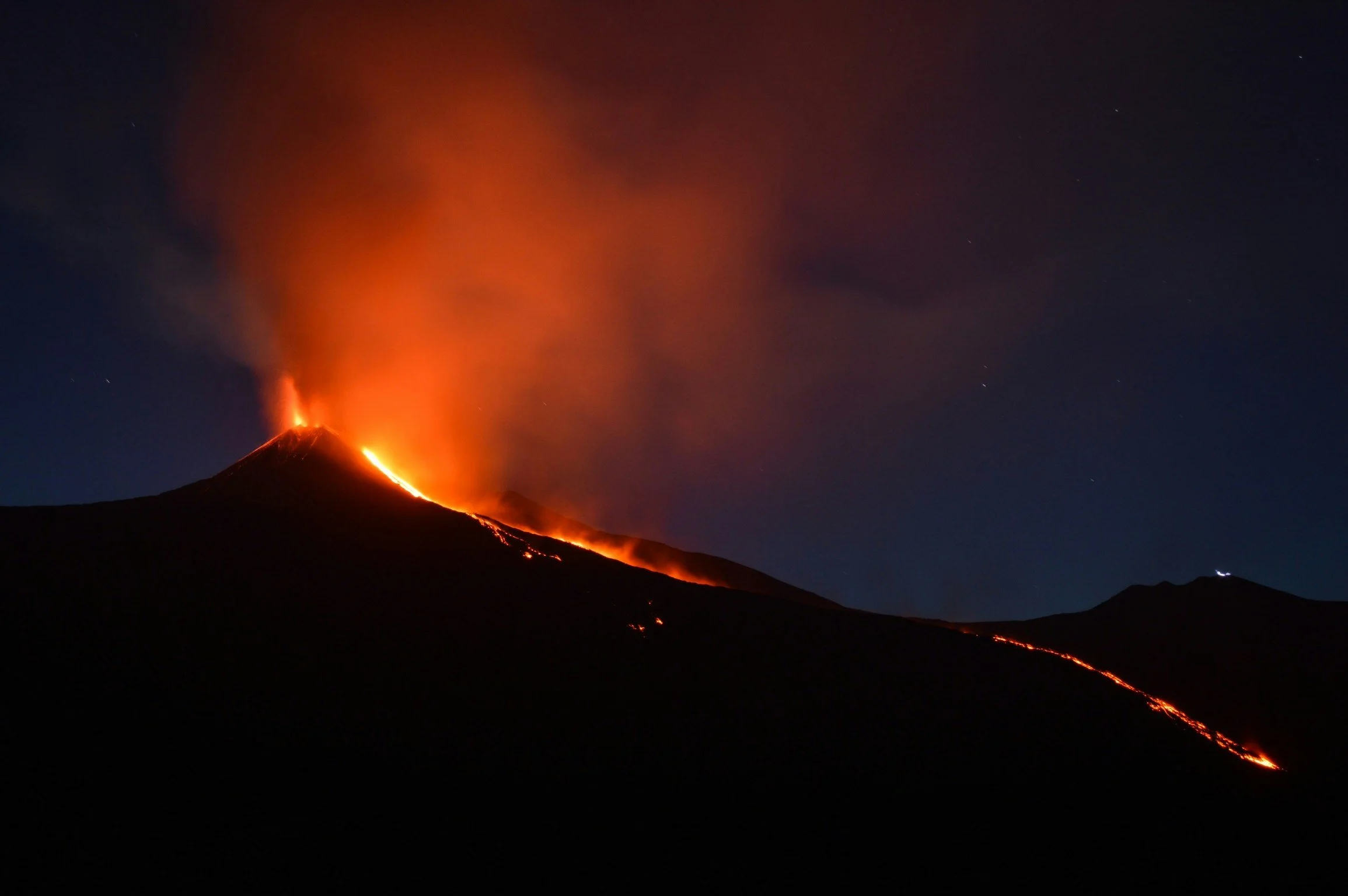ChatGPT is ruining weddings now
If you are the sort of person whose New Year’s resolutions read something like: “(1) Shoot for the moon, (2) Do what you love, (3) Change the world” – have we got a guest for you! We’re joined this week by former Icelandic prime minister Katrín Jakobsdóttir, who resigned from office in 2024 in order to run for president and is now enjoying a second life as a successful crime novelist and climate activist. Be still, our hearts. We chatted with Katrín about the security threat that climate change and the current geopolitical instability pose to Iceland; her career in politics; and why she wanted to write fiction (“Doesn’t everybody?” she asked).
2026: The year Europe gets its act together?
We are returning from our winter holidays feeling refreshed, renewed, and optimistic about 2026. Ha ha ha ha! No, but seriously, Trump’s capture of Venezuelan president Nicolás Maduro and his wife Cilia Flores was the New Year’s gift that Europe certainly did not ask for, and it raises a host of alarming questions. Among them: Does this move grant a permission slip for Vladimir Putin to encroach even further into Europe? And what does this mean for Greenland?
Babiš is back
It’s been a busy week for European politics, European protests, and European wallabies. In the midst of the madness, we caught up with Kateřina Šafaříková of Czech news outlet Seznam Zprávy, who filled us in on the Czech Republic’s recent parliamentary elections. Is the probable next Prime Minister, Andrej Babiš, likely to be an Orbán-esque thorn in the EU’s side, or does he just kinda wanna text with Macron? Kateřina shares her thoughts. We also catch up on the protests that Georgia’s democratic opposition has been staging against the country’s government in Tbilisi and a grassroots victory in Lithuania.
Are we all trapped in a transatlantic Truman Show?
Can we talk about Trump’s culture war, Putin’s war on inclusivity, and just about everyone’s unwillingness to pay teachers fair wages—and giggle throughout? You better believe it. AFP’s Nina Lamparski is back in the hosting chair, and strap in, listeners, because this week’s show is a ride.
Our guest this week is the delightful and incisive political analyst Paweł Zerka of the European Council on Foreign Relations. Paweł returns to the podcast to tell us why Europe is living in a Truman-Show-style universe directed by Donald Trump and his international team. We pick Paweł’s terrific brain about what our leaders can do to build upon the growing pro-European sentiment (really!) and engage with the US as its peer, not its lackey. Plus: Nina raises a glass of crémant to Luxembourgish teachers, who had what seems to us like a very swanky Good Week. And Dominic awards Bad Week to Eurovision, which seems to be crumbling whilst Russia’s Intervision is back and creepier than ever.
How would Europe's €800 billion defence plan actually work?
Europe is set to spend an eye-wateringly huge amount of money on building up its militaries over the next few years, after That Guy In The White House signalled he's no longer that interested in helping us defend ourselves against Russia. But where is all this money supposed to come from? And does it matter if some countries are more enthusiastic about this plan than others? This week we call defence expert Marina Henke to figure out what this spending bonanza actually involves. We're also talking about a Czech-led plan to save Radio Free Europe from Trump's cuts, and why ChatGPT falsely accused a Norwegian man of murder.
Dark skies, cheap shopping and an EU laser show
Nocturnal tourism is supposedly one of the big travel trends of 2025, and from star-gazing to truffle-hunting, there are plenty of places in Europe to do it. But where is this craving for darkness coming from? This week we speak to Anna Levin, author of two beautiful books about the impact of artificial light on the world around us, about why Europe's night skies deserve much better protection. We're also talking about the Baltic countries' move to cut their electrical cords with Russia, and the EU's attempt to tackle our cheap Chinese shopping addiction.
Why is European cinema so different from Hollywood?
Fewer expensive car chases, more moody shots and ambiguous endings: movies made in Europe are often very different from those made in the US. But Europe's more arty film output isn't just a product of our culture — it has a lot to do with how the industry is financed. This week, we're asking: why is European cinema the way it is, and should we be trying to change it?
Small Ex-Soviet Satellite State My Ass
This week, we're heading to a small country with a big bold foreign policy. Czechia, aka the Czech Republic, has won international praise by negotiating a desperately-needed ammunition deal for Ukraine. Why did it succeed where others have failed? And why is its government so much less scared of China than most others in Europe? We ring up Jakub Janda, Czech security expert and author of a certain viral tweet, to find out. We're also talking about a glimmer of hope for some of Italy's rainbow families, and the scandal rocking Finnish journalism.








